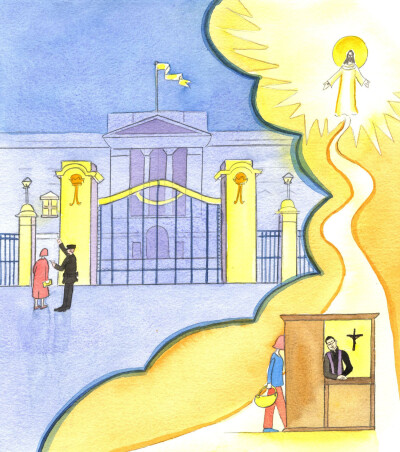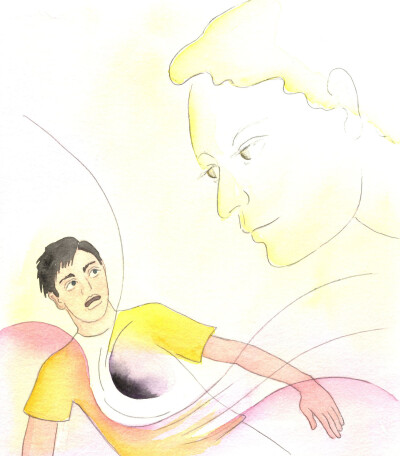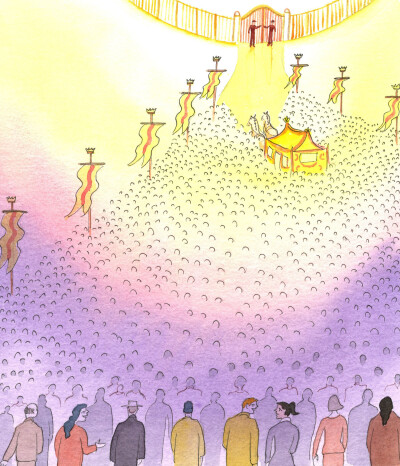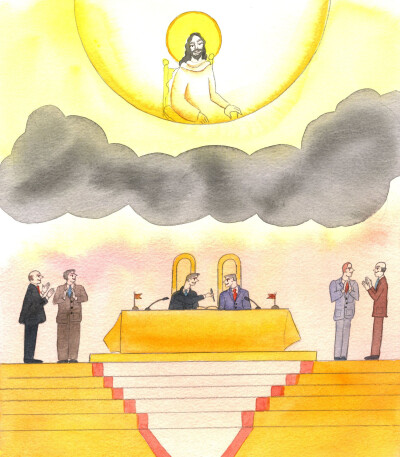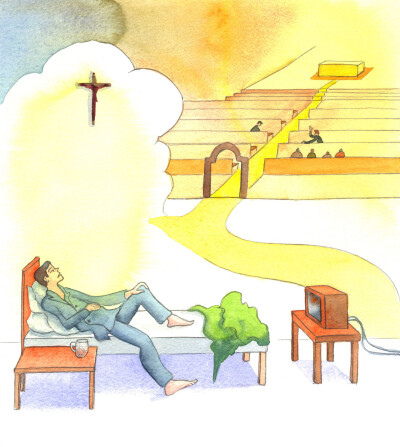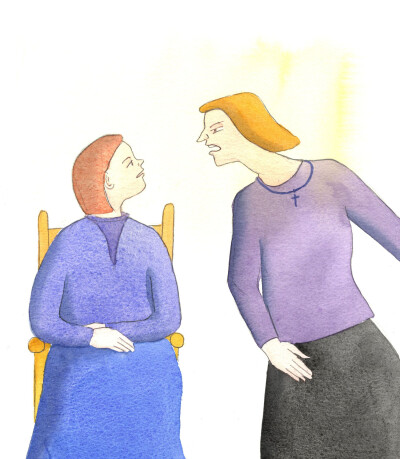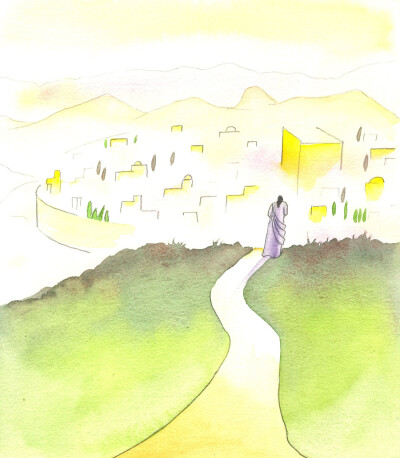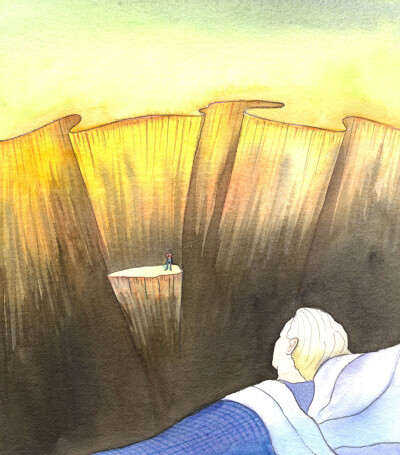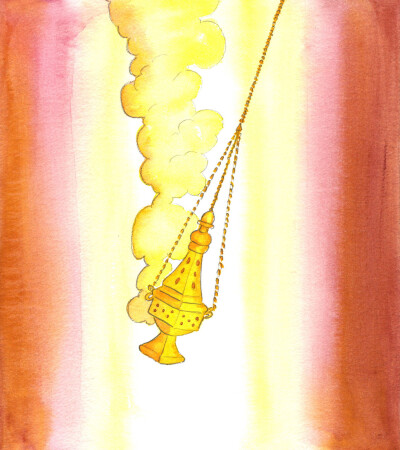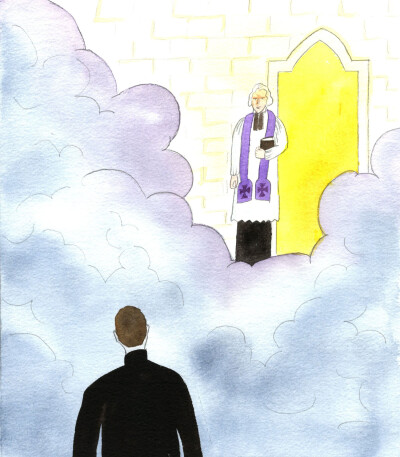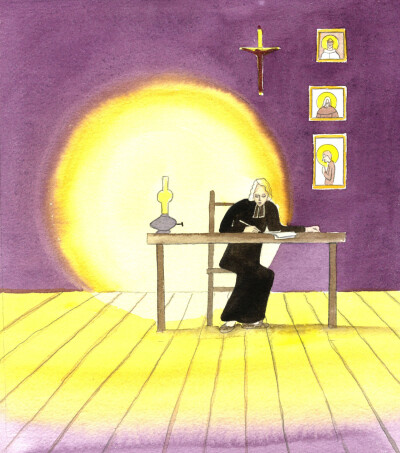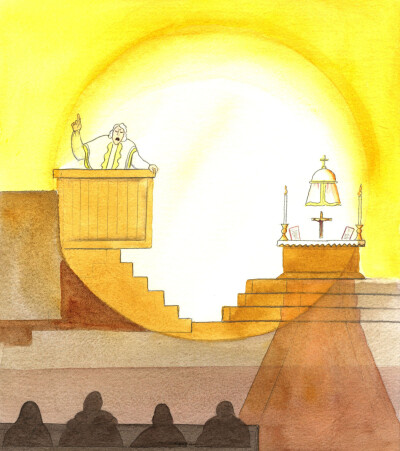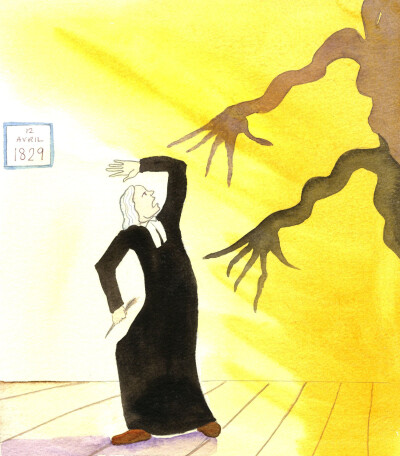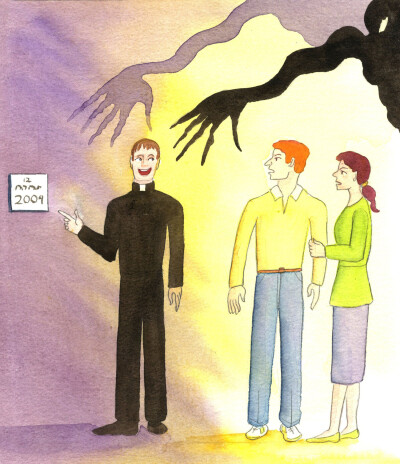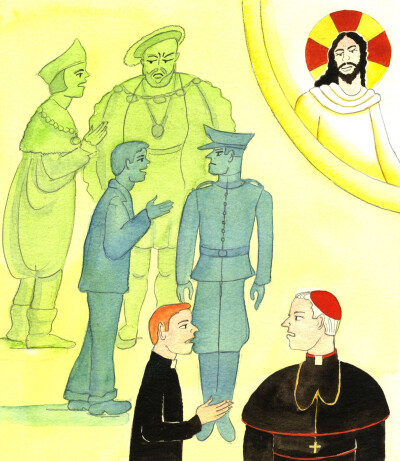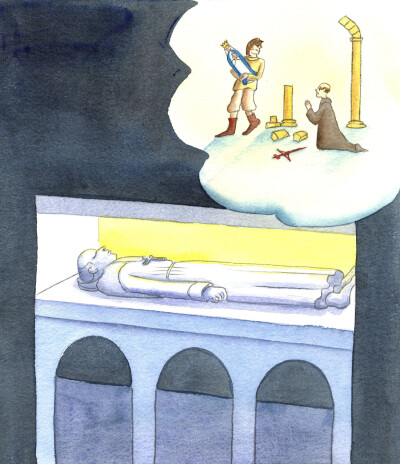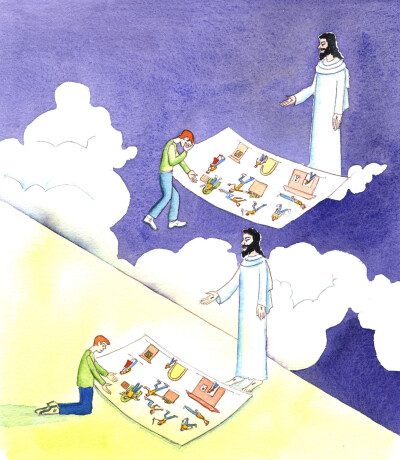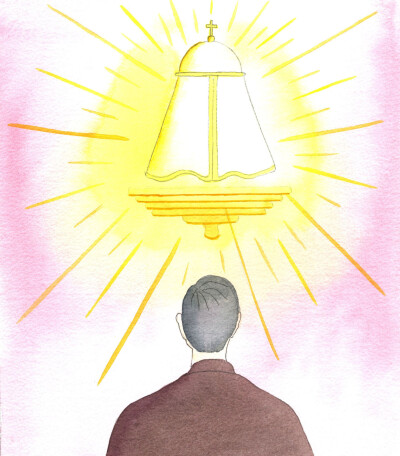Search Page
Showing 2461 - 2480 of 2850
Terrible loss is risked by Catholics too proud to confess mortal sins. If it seems strange that forgiveness from Christ through His Church, in Confession, is like a 'door' to a state of grace, and the promise of Eternal Life if we remain faithful, we need only consider the fortunate few who enter a small gate in the great fence surrounding a great Palace. They have access to great riches, beautiful galleries and artefacts, and a close relationship with the Royal family, having consented to do as they were asked.
Our loving Father in Heaven invites us to share our lives with Him. We can be confident that He is just, kind and merciful, just like Jesus His Son; yet we are often afraid to show Him what our lives are really like. What do we try to keep secret from Him? What dark areas do we hide? Are we really sincere, as we say we are doing His Will and loving Him and our neighbour?
Christ's invitation to us all is like the promise of a King, Who rides in a huge procession, that whoever follows Him to the palace can share His life there, as His friends, but only if they follow now, before the gates shut. It is a tragedy when some people say: "It's not convenient now", or, "It's too good to be true". The gates represent the death of each of us. People who are reluctant to follow the King might leave it too late, and find themselves excluded, which is to be in Hell.
No matter how detailed an edict or constitution, it cannot foster true happiness or wisdom in a country or continent if there is no mention in it of God, or God's love. To fail to mention God is not to leave aside the question of belief, but to show that faith is irrelevant to those involved; and it demonstrates their ignorance of the importance of Christian history not only locally but also throughout the world.
A person who is careless and irreverent about private prayer, perhaps always lolling in bed to pray, half-watching television, and with his mind not on God but on his plans for the next day, is likely to be careless and irreverent in church, at Mass, unaware that God is holy as well as kind, and deserves the upmost reverence and respect. People without much love for God do not become His close friends.
Satan cannot bear to see Christ's faithful people happy and hopeful. When he cannot cause faithful people to break God's laws he stirs up discontent, or bouts of jealousy or anger, resentment and injured pride, to destroy the peace which is Christ's gift to His friends.
Christ wept over Jerusalem because He saw, even in that holy city, the very sins which have festered in human hearts in every age of history: not just greed, lust and envy, but also malicious misinterpretation of innocent remarks and events, vengeful desires, and other sins, all of which injure individuals and damage families, communities and nations.
Christ knows about the sufferings of those who endure physical, psychological or emotional torment because of their faithfulness to Him. He understands when we sometimes feel as though we cannot bear another rejection, or day of isolation or insults. He does not blame us for our apprehension, but admires our courage.
Saint Paul spoke wisely about bearing our sufferings. We are right to offer up our sufferings in union with Christ, and, with Him, to intercede for people trapped in mortal sin and in danger of being lost for ever. Someone in mortal sin is as if trapped on a small ledge, above the great Abyss; and by our prayers and the grace of Christ he or she can be rescued and made safe.
There is often too much emphasis on the gathered people, in catechetical teaching about Mass. The smoke of incense rises towards the Godhead, as do the prayers of the People of God. The greatest prayer is the Holy Sacrifice of the Mass, which is Christ's prayer, offered from within our midst, from the altar, through the priest who offers the Holy Sacrifice. Teaching about the Mass, therefore, should be focused primarily on God. There should be vigilance, about childrens' textbooks.
Christ holds up St. John Vianney, inviting all priests and Bishops to peer through the mists of time to meet a Saint whose priestly ministry was simple, fervent, Christ-centered, self-forgetful, pure and holy. St John is the ideal patron Saint for all Clergy. Faith and love are important, today, not trying to be being 'relevant'.
St. John Vianney was not a great scholar, but he loved God with all his heart, and so did all he could to write interesting and powerful homilies in order to lead people to repentance, new life, and sincere love for Christ, and for their neighbour.
St. John Vianney was not afraid to preach the truth in the pulpit, sometimes weeping as he spoke, as he described the miserable state of souls who cared nothing for God and might never arrive in Heaven.
St. John Vianney was so fervent that he was inevitably attacked by Satan, who wanted to frighten him into giving up his Ministry; but St. John knew the power of Christ, and trusted in Him. He learned to laugh at Satan, and continued to work and pray, to save souls.
When some priests try to appear unnecessarily modern and relevant, Satan is at work today. It is he who persuades so many of the Clergy to water down the Faith, to make compromises with the world, or with other Christians, that are against Church teaching and confuse the Faithful.
It is Satan who helps some of the Clergy to water down the Faith, and to act against the Faith in ways that others do. Christ sees it is as hard for an orthodox priest to speak with a luke-warm Bishop today as it was for Franz Jaggerstatter to speak to the army officer, or St. Thomas More to speak to his king.
The history of the Catholic Church is one of struggle, then joy. Christ asks us all to be hopeful, no matter how dire the problems we see in the Church in our era. Some people in past ages have gone to their deaths, not knowing how a terrible crisis would be overcome, for example, at the Reformation, in England, and more recently in the chaos following the Second Vatican Council. But there will soon be great improvements in the Sacred Liturgy, and then in Catechesis.
We are indeed blessed if we are able to reveal our souls and lives to Christ, now, in prayer, to receive guidance, consolation and forgiveness. If we die, without having lost our state of grace, but without having really surrendered to Christ, we shall have to reveal our hearts and lives to Him in Purgatory, with nothing to distract us from our shame and remorse. Far better to trust in Him now, and strive for sanctity.
We need not worry if we have so many duties to fulfil that we cannot name every individual whom we hold up before God in prayer. If we intercede for them all at once, we can be sure that as we hold them before God it's as if we are bringing them into the sunlight. God's warm love falls upon each one, with graces according to their needs, because of the merits of Christ, and our faithful intercession.
All who love Christ, and trust in His love as they pray before Him Who is Present in the tabernacle, receive many graces. He is our Divine Saviour, Sacramentally Present; and He cannot be out-done in generosity. If we show reverence and love towards Him, how can He fail to reward us?
Showing 2461 - 2480 of 2850

